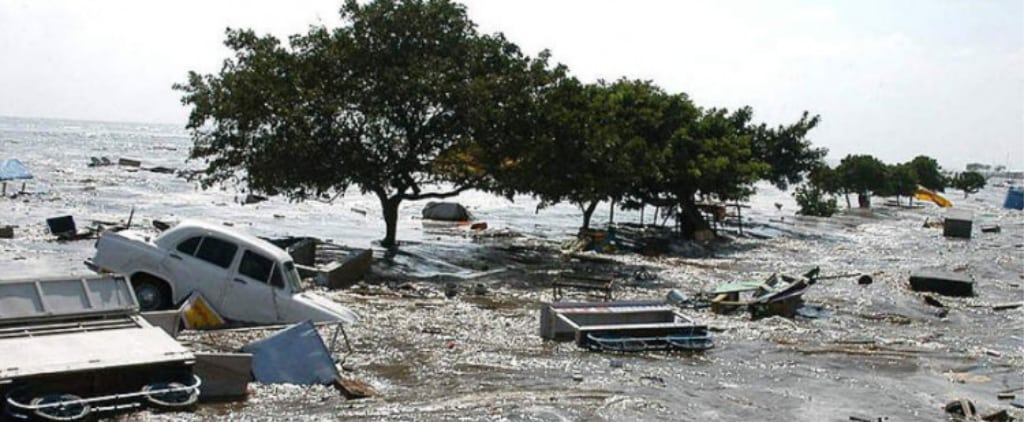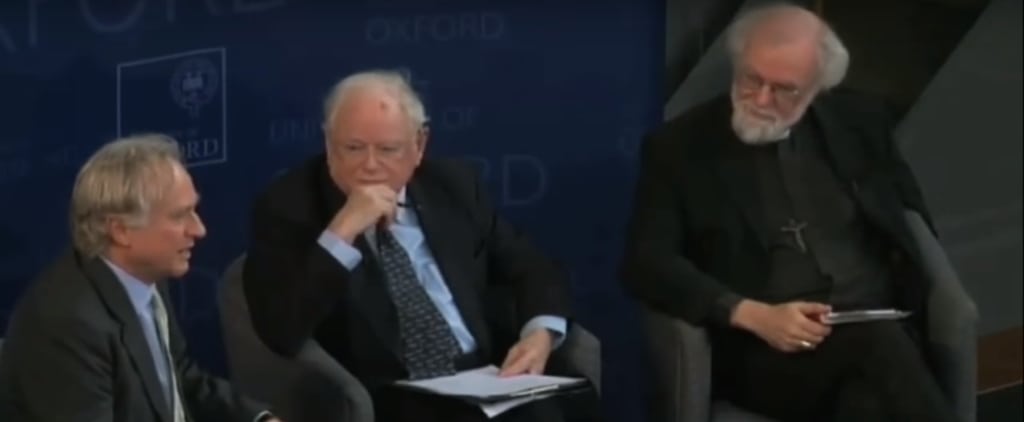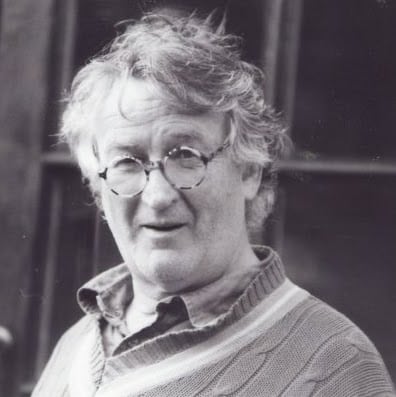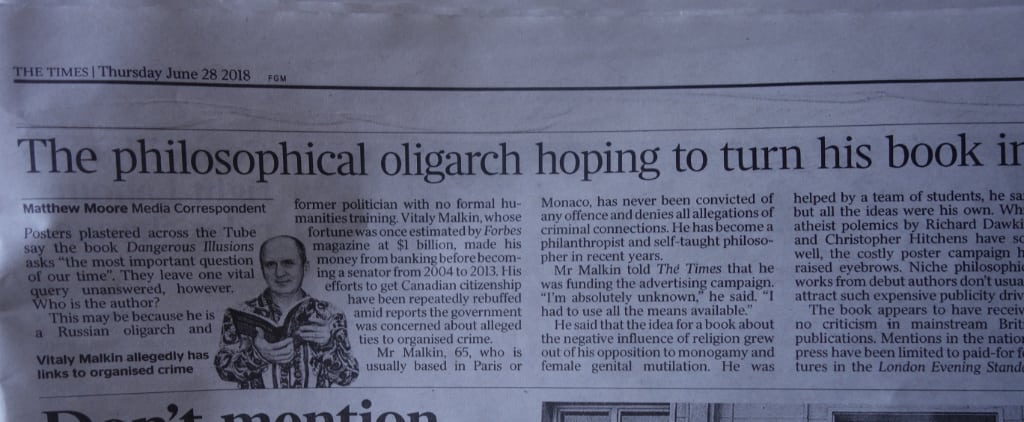[dropcap style=”font-size:100px;color:#992211;]A[/dropcap] Russian Oligarch has written a philosophy book he hopes will turn out to be a best seller, writes Matthew Moore, Media Correspondent in The Times, 28th June 2018.
Being an oligarch, the writer of the book is to spend more than would usually be spent on the promotion of a philosophy book by an academic, or by an academic press.
This particular writer is not an academic and has not had formal teaching in the discipline of philosophy. He is self-taught. That is not, in itself, a bad thing.
Whilst it is always wise to read philosophy with caution, it might be doubly wise to read one by an author untutored in philosophy with extreme caution.
Our Times correspondent writes, ‘He said that the idea for a book about the negative influence of religion grew out of his opposition to monogamy and female genital mutilation.’ Good for him – at least on his second point.
However, the author, it would seem, gets to the heart of at least one ancient but persistant debate. In the 416 page book, the author, Vitaly Malkin, asks, ‘Is a God who cannot protect us from evil really worth worshipping?’
Malkin may or may not know that Richard Dawkins’ God Delusion offers much support for the rehetorical answer to the rhetorical question the Russian has asked.
For those of us who have been formally educated within the discipline, this question is recognizable as ‘the problem of evil’.
That question belongs to philosophy rather than science; and whilst at one point the celebrated scientist and atheist scribbler, Dawkins, admits he is not a philosopher he should also realise that what he is trying to do in promoting science as a debunker of religion is philosophy.
The problem of evil is usually characterized in two versions. The first version asks why God allows that we should maltreat each other? Why, for instance, has he made a world in which murder and torture and other forms of abuse are everywhere conspicuous?
Good question. The answer is equal to it. God has made a world in which one species, and that species alone, is free. A world in which we are free (and in this we are made in the image of God) is a better world than a world in which God has determined that we shall act in a certain manner.
Evil is, therefore, a failure on our part to choose virtue over vice.
As a result of this evil, God is offended. Nevertheless, a world in which we have responsibility is a better world than that in which we do not.
It remains a question, then, as to whether this world, and all the evils within it, is the best possible world?
A more vexing question is the second version. Why did God create a world in which there are natural catastrophes? Why are there plagues and famines and tsunami? For these, at least on the face of it, are evils.

The Evil of Natural Disaster – Tsunami
The answer to this question comes in two versions.
On the one hand we cannot know the mind of God; for He is beyond our understanding. Therefore to ask the question is to call God before us to account. This, we must not do.
On the other hand, such natural disasters bring us into contact with material hardship and this is an opportunity for spiritual growth.
The first version of the problem of evil, why God permits a world in which we can choose to be wicked has a rational explanation; and is much more attuned to the New Testament.
The second version of the problem calls into question an older conception of the nature of God, one deeper and darker – a God Whom we should fear; and one more appropriately conceived as belonging to the Old Testament.
At a meeting on February 23rd 2012, Professor Richard Dawkins, Archbishop Rowan Williams, and Professor Sir Anthony Kenny, discussed the nature and origins of humanity in the Sheldonian Theatre in Oxford University. A question from Isabel Richards (from the floor) brings into focus the question of evil.

Professor Richard Dawkins, Professor Sir Anthony Kenny, and Archbishop Rowan Williams
She receives two very different answers. One from the distinguished scientist and writer Richard Dawkins – to quote him, ‘Stuff happens.’ The other, a more human view of what that question might demand. (See youtube below from 48:47 – 53:00)
An answer from the archbishop puts it in slightly different terms. If we live in a world where we are not in control of our circumstances and where things can happen by chance, we have to accept that there are tragic consequences for which we cannot apportion blame.
Perhaps the scientist and the cleric converge but at least Williams recognises the emotional problem for the reconciliation of our lives with the circumstances in which we operate; including the difficulty that mere nature might pose for us.
This points us toward the traditional answer that we cannot know the mind of God. And if God is an invention, thought up to afford such reconciliation, then we are better off with, than without, religious forms of life.

Ed studied painting at the Slade School of Fine Art and later wrote his PhD in Philosophy at UCL. He has written extensively on the visual arts and is presently writing a book on everyday aesthetics. He is an elected member of the International Association of Art Critics (AICA). He taught at University of Westminster and at University of Kent and he continues to make art.



















